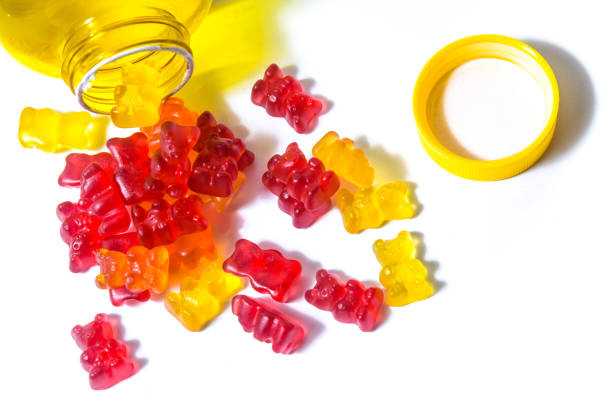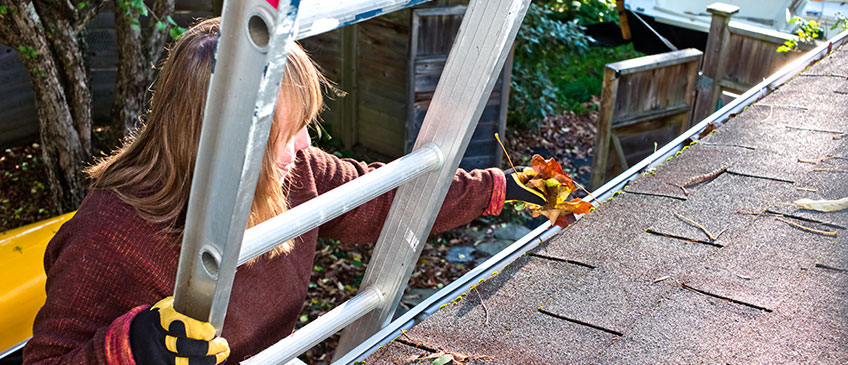Eco-conscious cannabis enthusiasts looking for a sustainable and environmentally friendly way to enjoy their favorite plant have an exciting option in the form of Delta-8 flower. Delta-8 THC, a compound found in the cannabis plant, has gained popularity for its milder psychoactive effects compared to traditional Delta-9 THC, making it a preferred choice for those seeking a more manageable high. The eco-friendly aspect comes into play when considering the cultivation and production practices of Delta-8 flower. First and foremost, many Delta-8 flower products are sourced from hemp plants, which are naturally eco-friendly. Hemp is a versatile and sustainable crop, known for its ability to thrive without the need for excessive pesticides or herbicides. Moreover, hemp can be grown densely and requires less water compared to traditional cannabis strains, making it an environmentally responsible choice. When it comes to eco-friendly cultivation practices, several producers are committed to sustainable and organic farming methods.
They prioritize soil health, minimizing the use of synthetic chemicals, and conserving water resources. These practices not only reduce the carbon footprint of Delta-8 production but also result cleaner and more natural product for consumers. Another aspect that environmentally-conscious cannabis enthusiasts appreciate is the trend towards solventless extraction methods for Delta-8 production. Traditional extraction processes often involve the use of solvents, which can be harmful to the environment if not properly managed. In contrast, solventless extraction techniques, such as ice water hash or rosin pressing, have become popular for their minimal environmental impact. These methods produce clean, potent Delta-8 concentrates without the need for harmful chemicals. In addition, packaging is a significant consideration for eco-friendly cannabis consumers. Many Delta-8 flower brands have adopted sustainable packaging practices. This includes using recyclable materials, reducing single-use plastics, and providing detailed recycling instructions to encourage responsible disposal.
These efforts contribute to a greener cannabis industry overall. Furthermore, some Delta 8 flowers producers have established social responsibility and sustainability initiatives. They engage in community development, invest in regenerative agriculture, and support environmental conservation causes. By aligning their businesses with sustainable principles, they cater to consumers who not only seek an eco-friendly product but also want to support brands that prioritize the planet. In conclusion, Delta-8 flower offers an eco-friendly alternative for cannabis enthusiasts who wish to enjoy the plant with a smaller environmental footprint. The choice of hemp as a source, sustainable cultivation practices, solventless extraction methods, responsible packaging, and commitments to social and environmental causes collectively make Delta-8 flower an appealing option for those who value both the highs and the health of our planet. As the cannabis industry continues to evolve, these eco-friendly approaches are indicative of a broader shift towards more sustainable and responsible practices that resonate with the values of environmentally-conscious consumers.




